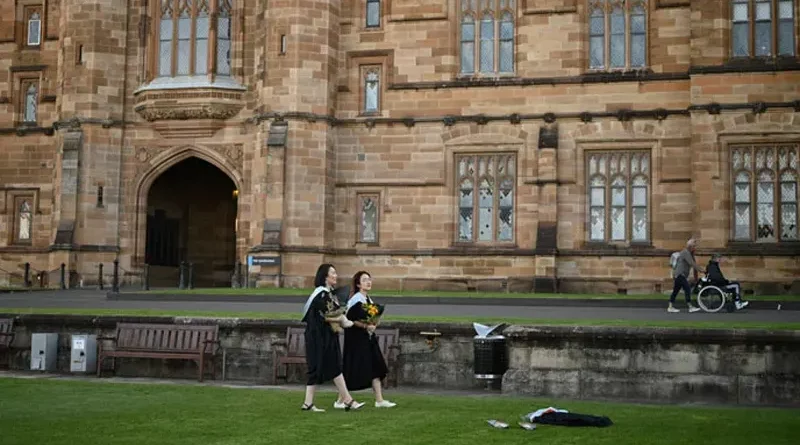Australia’s new migration strategy to reduce post-study work rights
Australia’s latest move announcing dramatic cutbacks to its immigration levels also discussed stricter student visa rules that are set to have an impact on the higher education sector in 2024.
The Australian government’s new migration strategy, released earlier this week, aims to increase application scrutiny and English language standards for students, while also facilitating the entry of highly skilled workers through the creation of a Skills in Demand Visa and faster approvals.
The student visa changes primarily target non-university providers, known as ‘ghost colleges’, for the lack of actual education they provide while their students work in low-paid jobs.
These changes will create new hurdles for international students entering Australian universities, as the lucrative market is recovering from the COVID-19 pandemic.
According to Research Professional News, the duration of post-study work rights for doctoral students will be cut back to three years from four, but there will be a “21-day service” guarantee of the work visa being processed.
Extensions will only be possible for people who studied in regional areas. Meanwhile, a dedicated section of the Department of Home Affairs will be created to deal with student visa issues.
The Australian Universities Accord, which the sector is eagerly anticipating, may include a levy on international students split across higher education institutions.
There are some universities with significantly greater enrollment rates of international students than others, especially the research-intensive Group of Eight universities.
Catriona Jackson, chief executive of Universities Australia, said that the vice-chancellors’ group welcomed most of the changes, including the introduction of a “genuine student test”.
“The creation of new visa streams to attract researchers to our universities and keep more international graduates in Australia is also a good thing,” Jackson said in a statement.
However, she warned that “any changes, now or in the future, that restrict the movement of genuine students to our shores need to be weighed carefully against the significant benefits they bring, during and after their studies”.
Later, she told ABC Radio that the university sector was against further restrictions, such as caps on student numbers.
“I would be surprised if those [genuine student] numbers dipped enormously” as a result of the new policy, she said.

